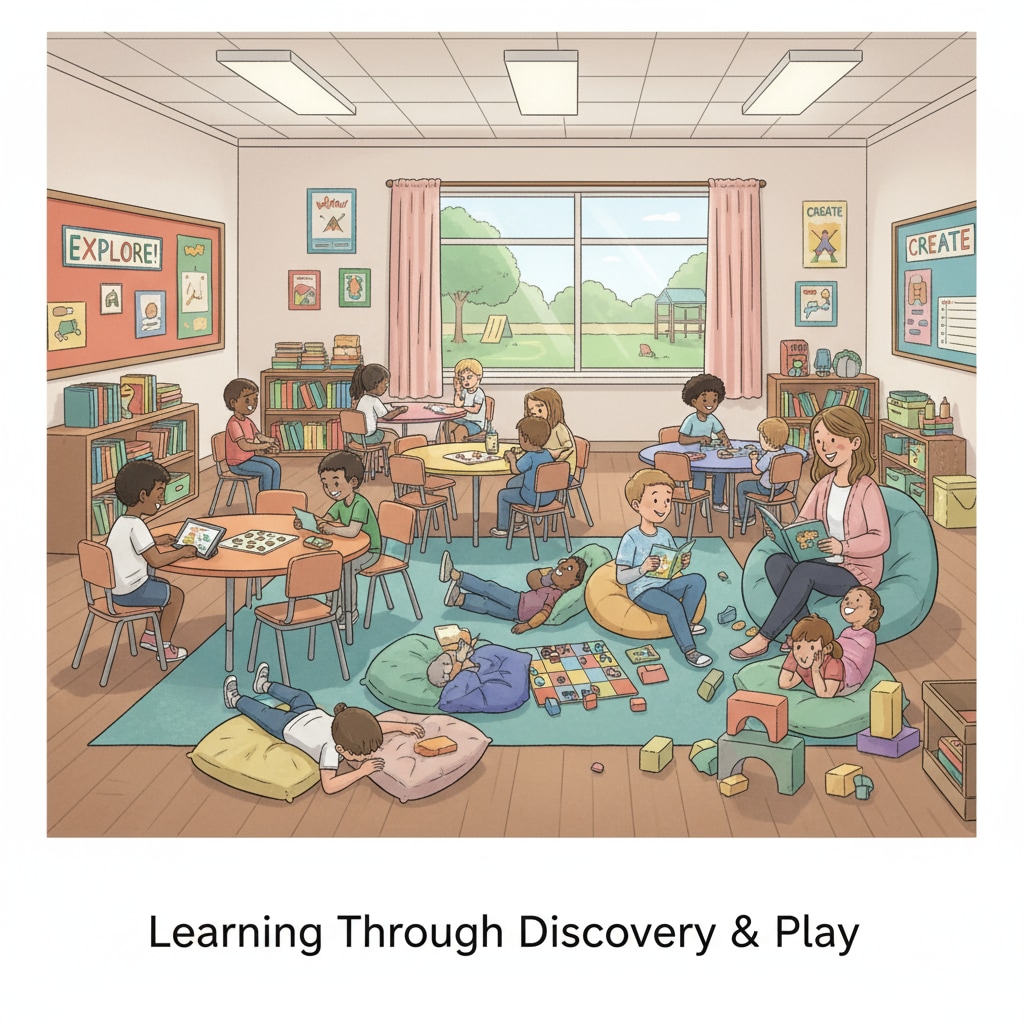In the realm of US K12 education, the issue of academic rigor, external exams, and college applications has become a topic of great concern. The relatively relaxed academic environment in many American schools has left students seeking ways to stand out during the college application process. This article delves into effective strategies for students to enhance their competitiveness despite the existing academic challenges.
The Challenge of Academic Rigor in US K12 Education
The US K12 education system is often criticized for its lack of consistent academic rigor. Many schools adopt teaching methods that focus more on general knowledge dissemination rather than in-depth academic exploration. This may lead to students having a superficial understanding of subjects, which can be a disadvantage when applying to highly competitive colleges. For example, compared to some international education systems, the course requirements in US K12 schools may not be as demanding in terms of subject depth and complexity. Education in the United States on Wikipedia

The Role of External Exams in Boosting Competitiveness
External exams serve as an excellent way for students to demonstrate their academic capabilities beyond the regular school curriculum. Standardized tests like the SAT, ACT, and Advanced Placement (AP) exams can provide a more objective measure of a student’s knowledge and skills. For instance, a high score on an AP exam not only showcases a student’s proficiency in a particular subject but also indicates their ability to handle college-level coursework. These scores can significantly enhance a student’s college application profile, making them more attractive to admissions officers. Education on Britannica

Moreover, international exams such as the International Baccalaureate (IB) or Cambridge International Examinations can also set students apart. These programs often have a more rigorous curriculum and assessment framework, which can help students develop critical thinking, research, and time management skills. By participating in these external exams, students can prove their academic resilience and commitment to learning, thereby increasing their chances of getting into top universities.
Readability guidance: As we’ve seen, the lack of academic rigor in US K12 education is a significant concern. However, external exams offer a ray of hope for students aiming to enhance their college application prospects. In addition, different educational models also play a crucial role in a student’s long-term development.
International Curriculum Systems as an Alternative Path
Adopting an international curriculum system can be a game-changer for students. Systems like the IB not only emphasize academic excellence but also promote a well-rounded education. The IB Diploma Programme requires students to study a broad range of subjects, including languages, sciences, humanities, and the arts, along with engaging in extended essay writing and community service. This holistic approach not only enriches students’ knowledge but also nurtures their personal growth and global citizenship.
Similarly, the Cambridge International Examinations provide a comprehensive curriculum that is recognized worldwide. These programs encourage students to think independently, ask questions, and develop a deeper understanding of various subjects. By choosing an international curriculum, students can experience a more rigorous academic environment and gain a competitive edge in the college application process.
Readability guidance: Therefore, it’s evident that international curriculum systems offer students an opportunity to break free from the limitations of the US K12 system’s academic rigor. In addition to external exams, these curricula can contribute significantly to a student’s development and college readiness.
The Long-Term Impact of Different Educational Models
The choice of educational model, whether it’s the US K12 system with its potential lack of academic rigor or an alternative like international curricula and external exams, has long-term implications. Students who have been exposed to a more rigorous academic environment during their K12 years are often better prepared for the challenges of college. They tend to have stronger study habits, better time management skills, and a deeper understanding of academic concepts.
On the other hand, students relying solely on the standard US K12 education may face difficulties adjusting to the higher academic demands of college. This could lead to lower grades, increased stress, and a less fulfilling college experience. Thus, it’s crucial for students to consider the long-term benefits of seeking a more academically challenging path during their K12 education.
In conclusion, the issues of academic rigor, external exams, and college applications are intertwined in the US K12 education landscape. Students need to be proactive in seeking ways to enhance their academic profiles. By taking advantage of external exams and exploring international curriculum systems, they can break through the academic comfort zone and build the skills and knowledge necessary to succeed in college and beyond.


